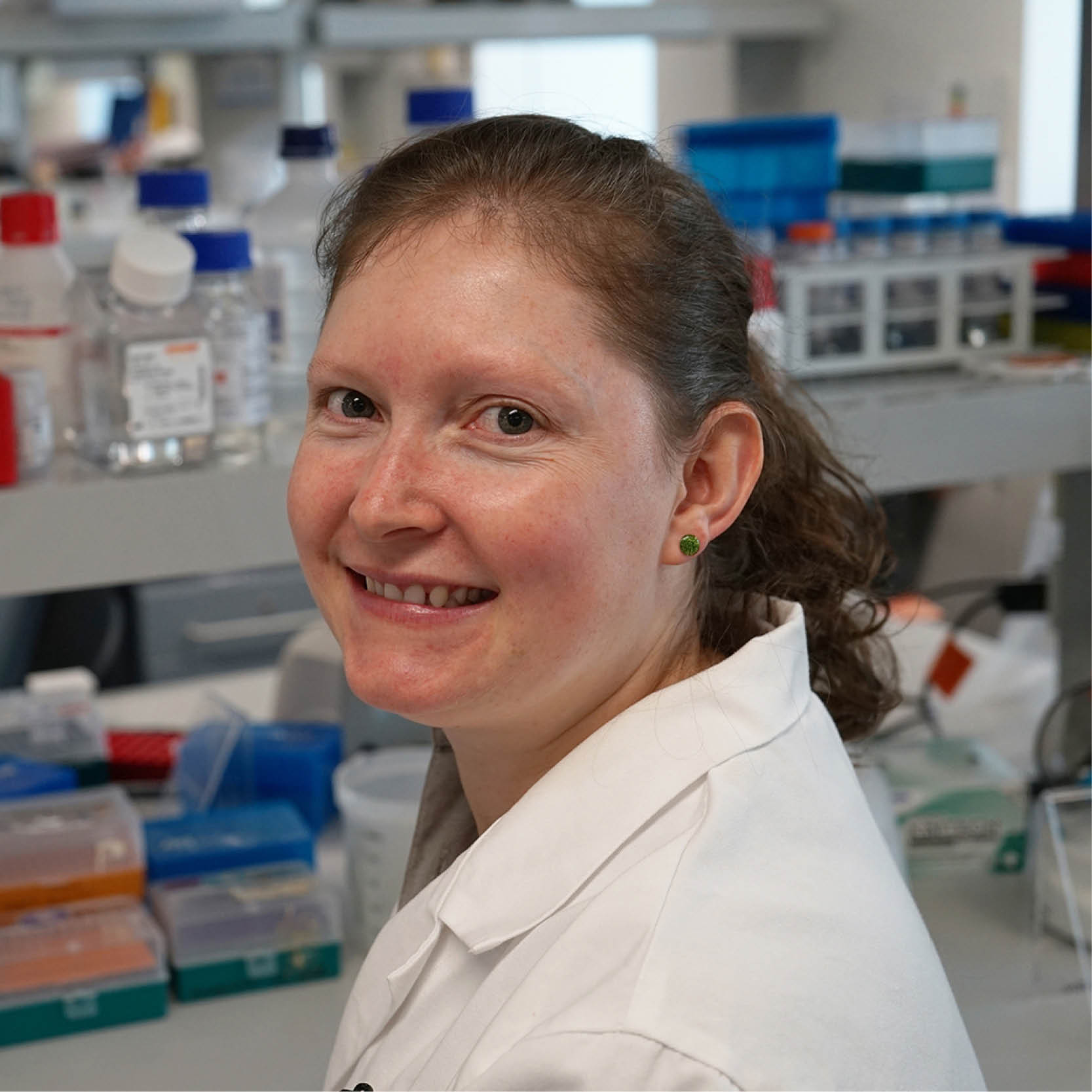Beyond serology: Improving the prediction and treatment of lupus with single cell Omics
General Audience Summary
In healthy people, B cells produce antibodies that protect us from infection by bacteria and viruses. However, some B cells in lupus patients produce autoantibodies, which attack the patient’s cells and organs. Lupus nephritis occurs when autoantibodies attack the kidneys. Unfortunately, the current treatment options are limited to steroids and other drugs that suppress the whole immune system. The grant awarded to Dr. Reed will be used to identify and study the immune cells responsible for making the autoantibodies that attack the kidneys, to determine how they are different from the normal and healthy B cells that produce antibodies to fight infection. This work will be done using state-of-the-art technology that looks at single B cells responsible for producing pathogenic, or disease-causing, autoantibodies. The technology was adapted to identify B cells that produce autoantibodies in lupus nephritis. The collaborative research team will trace the development of the pathogenic B cells over time and compare them to normal and healthy B cells in the same patient.
What this study means for people with lupus
The findings from this study will be a step toward in developing a safe and effective personalized treatment strategy to selectively get rid of the B cells that produce damaging autoantibodies.
Scientific Abstract
Advances in single cell technologies have identified key molecular signatures and aberrant cells in patients with lupus compared to healthy individuals. However, it is still unclear whether these aberrant cells identified are directly responsible for autoimmune pathology or bystanders that have become aberrant in response to an inflammatory environment. This is important because precision medicine approaches rely on identifying and eliminating the pathogenic cells while preserving the rest of the immune system. Previous single cell studies in lupus have focused solely on gene expression, which cannot resolve DNA mutations that impact response to treatment. Our interdisciplinary team of scientists, clinicians and bioinformaticians have pioneered technology that links secreted autoantibody to circulating B cells and simultaneously evaluates gene expression, immunoglobulin and genomic DNA mutations in single cells responsible for producing pathogenic autoantibodies. Our findings, recently published in Cell, revealed the evolution of B cells producing an autoantibody that caused inflammation of the skin and kidneys of patients with cryoglobulinemia. This detailed analysis demonstrated genetic heterogeneity across B cells producing the same pathogenic autoantibody in different patients and associated with different responses to treatment. Despite these differences, a common mechanism of autoantibody pathogenesis was observed in each patient: the autoantibody-producing B cells acquired mutations in antibody variable regions and lymphoma driver genes, which reduced autoantibody solubility and increased disease activity.
We have recently adapted our innovative technology to identify circulating B cells producing anti-dsDNA autoantibodies in patients with lupus nephritis and are uniquely placed to determine their underlying pathogenic mechanisms. This proposal will test the hypothesis that somatic genetic events in both the autoantibodies and B cells cause dysregulation and secretion of pathogenic autoantibodies. We will test this hypothesis through two specific aims: 1) Trace the evolution and pathogenic consequences of somatic hypermutation in the immunoglobulin variable regions of B cells producing anti-dsDNA autoantibodies; and 2) Compare genomic variation and gene expression profiles of anti-dsDNA B cells to polyclonal “normal” B cells in the same patient. The long-term objectives of this research are to define mutational signatures in autoantibodies to identify patients at great risk of life-threatening disease pathology, enabling early treatment to prevent permanent organ damage. Importantly, because our innovative technology molecularly characterises internal defective circuits on B cells responsible for autoimmune pathology in patients, this information can be used to devise treatment strategies aimed at selectively eliminating pathogenic B cells.




